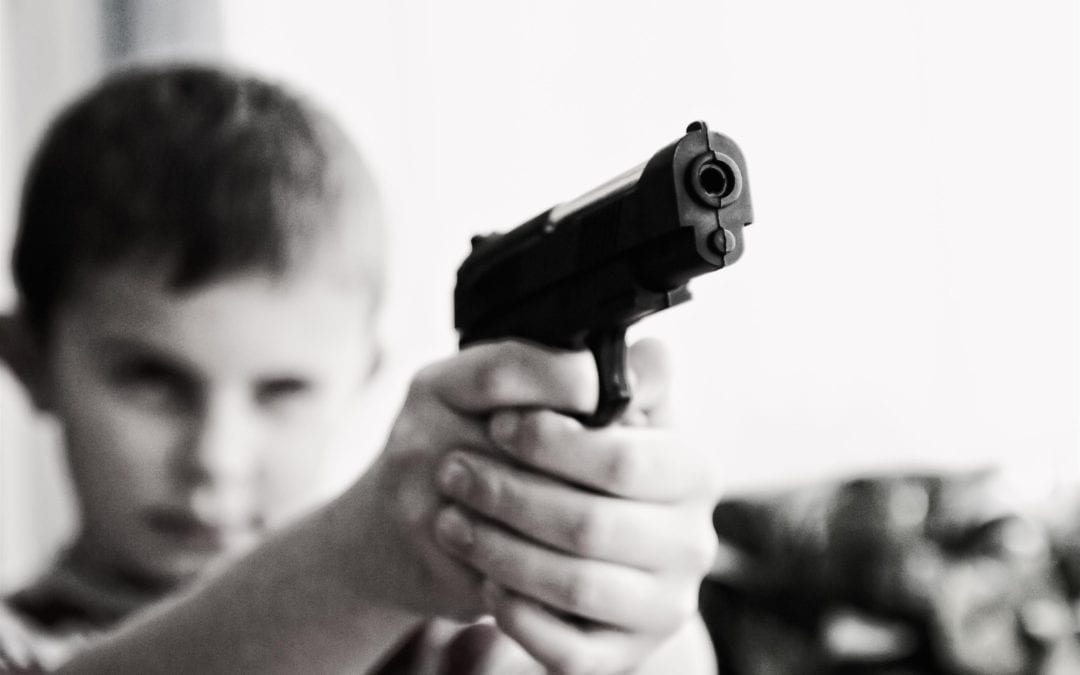On January 23rd 2018, a 15-year-old student shot sixteen people at Marshall County High School in Benton, Kentucky, killing two other 15-year-olds. Majority of the victims were between the ages of 14 and 18 years old. Thirty-two miles north from Benton, a 1997 school shooting killed three students in West Paducah, KY.
Violence is traumatizing, especially when it affects a vulnerable population like our children and adolescents who are still undergoing brain development in the prefrontal cortex – a part of the brain also responsible for moderating complex cognitive and social behavior. Despite the coverage of school shootings, little is being discussed on the physical, psychosocial, mental and behavioral after effect on the children who escaped these gruesome events as victims of gun violence.
According to the CDC in 2010, the total cost of all firearm related injuries for children younger than 18 years of age exceeded 3.6 billion dollars. This is an unacceptable financial burden that is absolutely preventable. It is estimated that on a typical day, seven children and teens die from gun-inflicted wounds.The adverse effects of exposure to gun violence in this population are multifaceted. Mental health research shows that there is an increased risk for anger, social withdrawal, post-traumatic stress disorder and desensitization to future acts of violence. These are traits and conditions that place significant burden on a growing population as it can impair optimal personal, academic and functional outcomes.
Psychologists have likened the effect of gun violence exposure to include moral injury (as commonly seen in veterans); which is the breakdown of an individual’s belief in his or her capacity to behave in a just and ethical manner. Victims of gun related injuries typically have prolonged hospital stays, multiple major surgeries and are often left with significant physical disability. America’s future lies in the hands of today’s offspring and modifiable risk factors to reduce the incidence of violence caused by guns within our communities should be properly addressed with strategic constitutional abiding intervention.
A large CDC study showed that the absence of guns within the home is the most effective means to prevent firearm injuries in children. Another survey revealed that guns used in a majority of school-based shootings were obtained from the homes of the perpetrators or their friends or relatives.
One national survey revealed that only one-third of gun owning parents of children less than 18 years of age stored guns safely. Another study in a rural population among students with previous exposure to gun violence indicated a strong association with firearm access and decreased parental monitoring. With this data an applicable preventative strategy is imperative.
The AAP (American Association of Pediatrics)/Bright Future Guidelines provide a framework to reduce the incidence of gun related violence in our pediatric population. These include acknowledging that children cannot be relied upon to avoid guns, and therefore guns should be kept away from children and vice versa. Parents are also advised to limit television and media viewing to 1-2 hours a day (as some of the media portrays guns as societally acceptable means of resolving conflict). Safe storage of guns in the homes is crucial; such as keeping them locked away and unloaded, with ammunition stored in a separate location. Healthcare providers are continuously being educated on methods to assess for risk factors of violence, to counsel families accordingly and offer help for victims. If your doctor asks related questions on your next clinic visit, they are doing this for the future of all our children.
Dr. Nina Lum is a family medicine hospitalist living and practicing in London, Kentucky. She is a co-author in the riveting tell-all book “The Chronicles of Women in White Coats.” She is also a lifestyle and education blogger at www.ninotswalk.com as well as a health and wellness columnist for the Sentinel Echo newspaper in London, KY on a column called “Doctor’s Corner.” She can be found on Instagram @theencouragingdoc.




